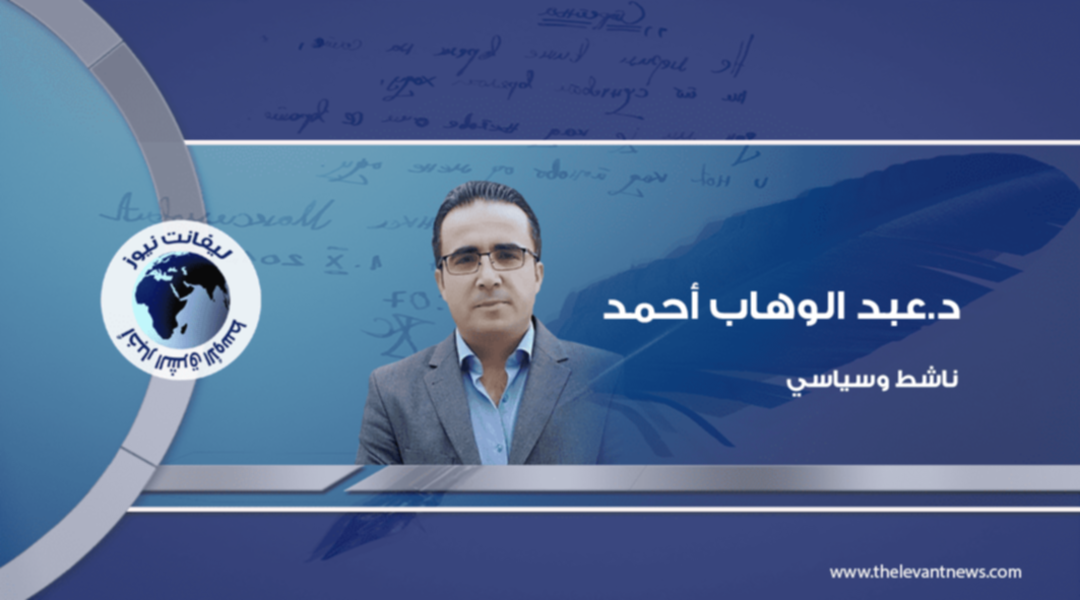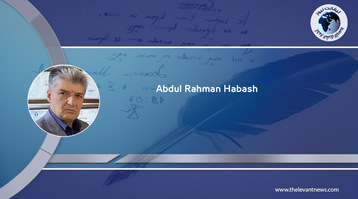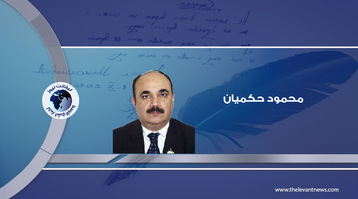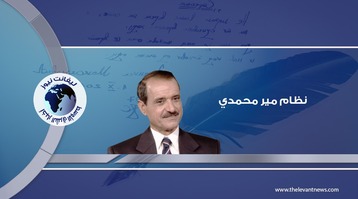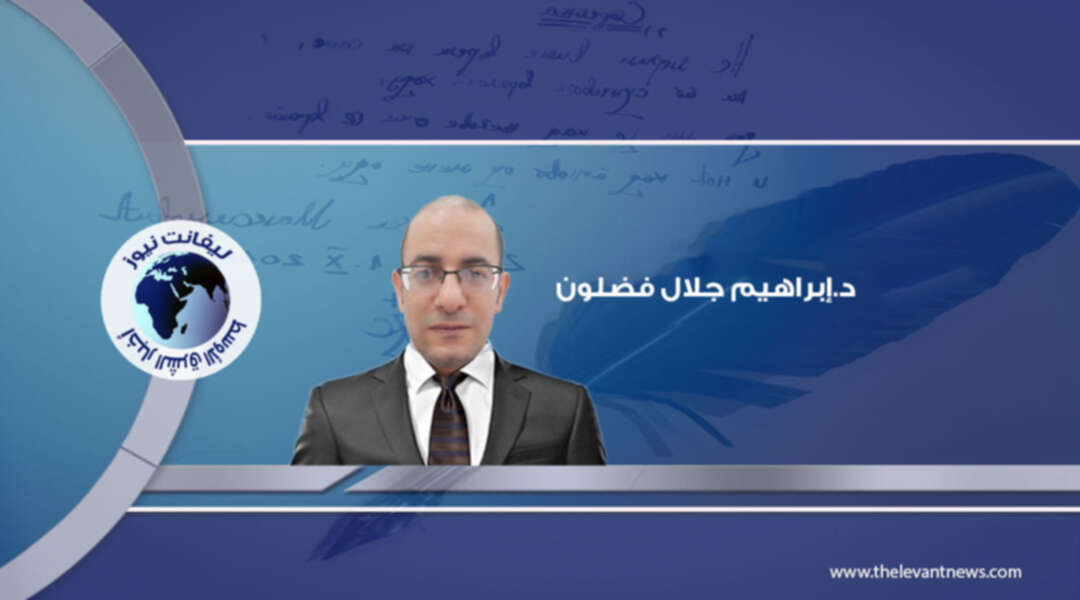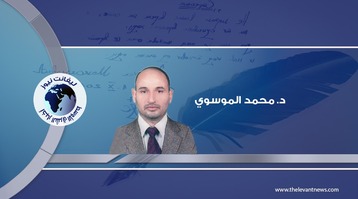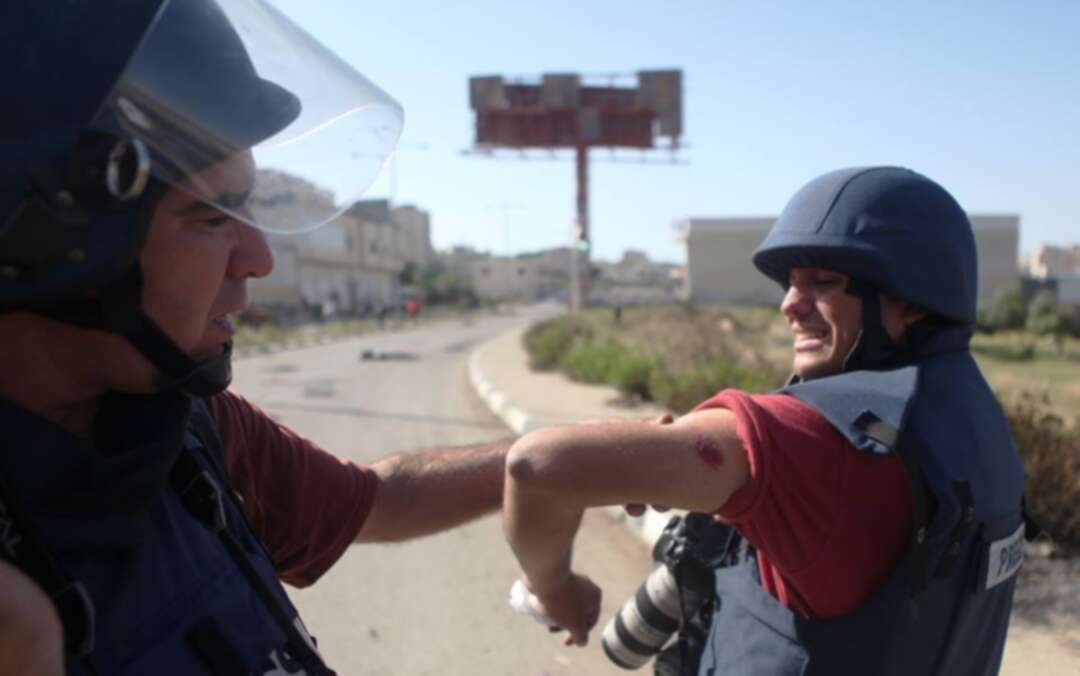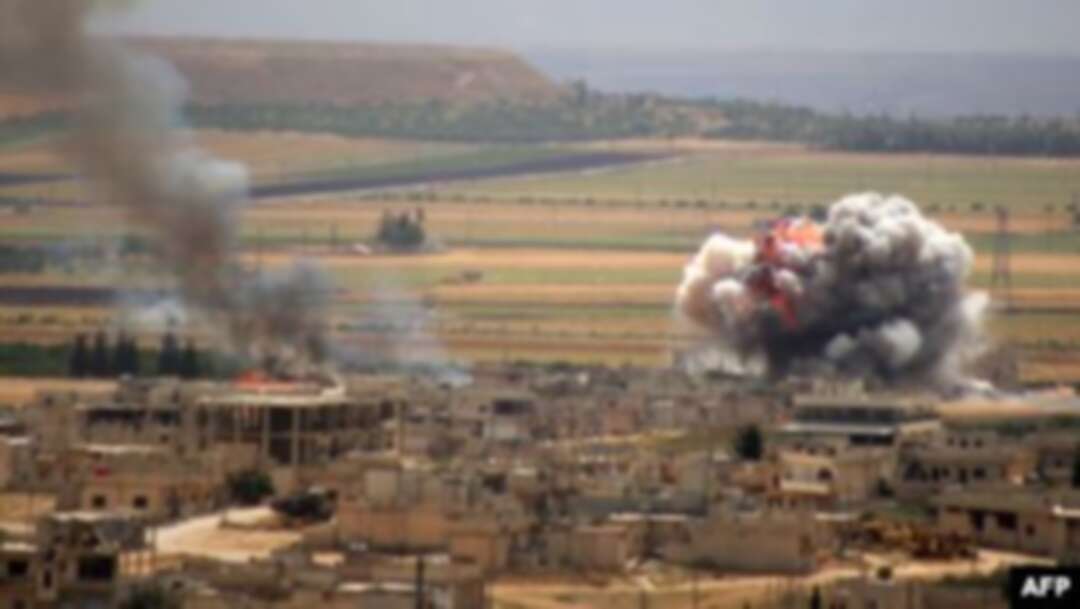-
The Office of the Grand Mufti of Syria: A brief history

History of the Muftis
Six years before he was forced to abdicate the Ottoman throne, Sultan Abdulhamid II had appointed Abu al-Kheir Abidin (1852-1925) as mufti of Damascus. He held the job throughout the years of World War I until the collapse of Ottoman rule in Syria in September 1918. Abidin had raised the ire of Arab nationalists for refusing to condemn the execution of 21 Arab journalists and MPs, who were hanged in Marjeh Square in central Damascus by the Ottoman military governor of Syria, Djemal Pasha, on 6 May 1916. They had been accused of high treason against the Ottoman Empire. He also refused to support the Arab Revolt that was launched against the Ottomans from the Hejaz in June 1916, led by Sharif Hussein, the emir of Mecca. When Ottoman rule came to an end, an Arab kingdom was set up in Damascus, ruled by Emir Faisal Ibn al-Hussein, the son of Sharif Hussein, who had Abidin dismissed due to his Ottoman loyalties on 11 May 1919.
Under French rule (1920-1946)
Succeeding him was Sheikh Atallah al-Kassem (1844-1938), who hailed from a prominent and wealthy Damascene family. His history was opposite to that of Mufti Abidin, having lobbied on behalf of the Arab nationalists who were executed by Djemal Pasha in 1916. Before becoming mufti he had been preacher at the Umayyad Mosque and instructor at the prestigious Maktab Anbar School. He stood by Faisal’s side when he was crowned king of Syria on 8 March 1920 and famously called on Muslims to take up arms against the invading French Army. After Syrian and French troops clashed at the Battle of Maysaloun on 24 July 1920, Faisal was dethroned and the French Mandate was imposed on Syria. Mufti Kassem remained at his job until his death in 1938. Six years before his death, Syria was officially proclaimed a republic and he became the first Grand Mufti of the Syrian Republic in June 1932. In the 1980s, his son Abdul Raouf al-Kassem became prime minister of Syria.
The outbreak of World War II in 1939 left the post of Grand Mufti vacant, as colonial France was too busy combating the Nazi threat in Europe. It was only filled in September 1941 by Syria’s new president, Taj al-Din al-Hasani, who had been appointed to the job by General Charles de Gaulle. Hasani, himself a turbaned cleric-turned politician, was the son of Sheikh Badr al-Din al-Hasani, one of Muslim World’s foremost Islamic scholars. Hasani’s choice for mufti was Sheikh Mohammad Shukri al-Ustwani (1873-1955), a ranking scholar from the Hanafi school of Sunni Islam. Ustwani used his religious authority to declare a holy war twice (jihad), first in May 1945, during the French bombardment of Damascus, and then in May 1948, during the first Palesitne War. Mufti Ustwani was at his job when Syria got its independence from the French Mandate in April 1946 and managed to keep it despite the series of coups and counter-coups that rocked the young republic, starting with that of Colonel Husni al-Za’im in March 1949, onto that of Colonel Sami al-Hinnawi in August 1949, and finally with Colonel Adib al-Shishakli, first in December 1949 and then against in November 1951. Ustwani died in 1955 and was replaced by Sheikh Abu al-Yisr Abidin (1889-1981), the son of former mufti, Abu al-Kheir Abidin.
Sheikh Abu al-Yisr Abidin
Sheikh Abidin came to power during a period of relative calm and stability, and was the first mufti to hold a second job in addition to his religious duties. A doctor by training, he continued to attend to patients at his clinic in Damascus, while teaching at the Faculties of Medicine and Sharia at Damascus University. He supported the ill-fated Syrian-Egyptian Union of February 1958 only to quarrel with its president, Gamal Abdul Nasser, after Egyptian authorities imposed a socialist economy on Syria. He first spoke out against the Agrarian Reform Law that was passed by Nasser in September 1958, limiting private ownership throughout Syria and destroying its landed notability. He criticized him again in July 1961, when Nasser issued his infamous nationalization laws, confiscating private banks and factories. Mufti Abidin’s audacity led to his dismissal from office in 16 August 1961, one month before a coup toppled the United Arab Republic on 28 September 1961. He hailed the coup that toppled the union republic, and was restored to office by presidential decree, signed by Syria’s newly elected president, Nazem al-Qudsi, in December 1961. Abidin stayed at his job until the Baath Party came to power on 8 March 1963, pledging to restore the Syrian-Egyptian Union. The Revolutionary Command Council (RCC) had him dismissed for supporting what they called the “crime of the secession.” He spent the remainder of his years divided between his private clinic in Damascus while preaching at the Al-Ward Mosque in the ancient neighborhood of Souq Saruja. Abidin died at the ripe old age of 92 in May 1981.
The Mufti since 1963
During the early months of Baath rule, Sheikh Abdul Razzaq al-Homsi (1900-1969) was appointed Acting Mufti from March 1963 until November 1964. Historians usually overlook his brief tenure because he really had no say on government policy, took no bold decisions, and was unable to thwart the second wave of nationalization, which was initiated by then-President Amin al-Hafez. His successor, Sheikh Ahmad Kaftaro (1915-2004) was far more powerful and well-connected in the upper echelons of power, having previously served as mufti of Damascus since 1951. Hailing from a prominent Kurdish family, his father, Amin, had been a ranking scholar who enjoyed high influence among Damascene Kurds and the ulema. Ahmad Kaftaro was also famous among ordinary Syrians, with a popular program aimed at spreading religious awareness aired on Damascus Radio in the 1950s. He supported President Amin al-Hafez, then shifted sides to Syria’s strongman Salah Jadid after the 23 February 1966 coup, and finally, stood by President Hafez al-Assad, who came to power in November 1970. Kaftaro was appointed deputy in the Syrian Parliament, and he rose to extra fame after establishing the Abu al-Nour Complex in his native Rukn al-Din, providing education for students from elementary school to post-graduate studies, including PhDs in Islamic Sharia. The complex, which he presided over until his death, also had a mosque, an orphanage, and a library, becoming the most powerful religious institution in Syria. Kaftaro promoted inter-faith dialogue, which took him to all four corners of the globe, and in May 2001, played host to Pope John Paull II during his visit to the Grand Umayyad Mosque of Damascus.

BY: Sami Moubayed
You May Also Like
Popular Posts
Caricature
Qatar Closes Hamas Office...
- November 11, 2024
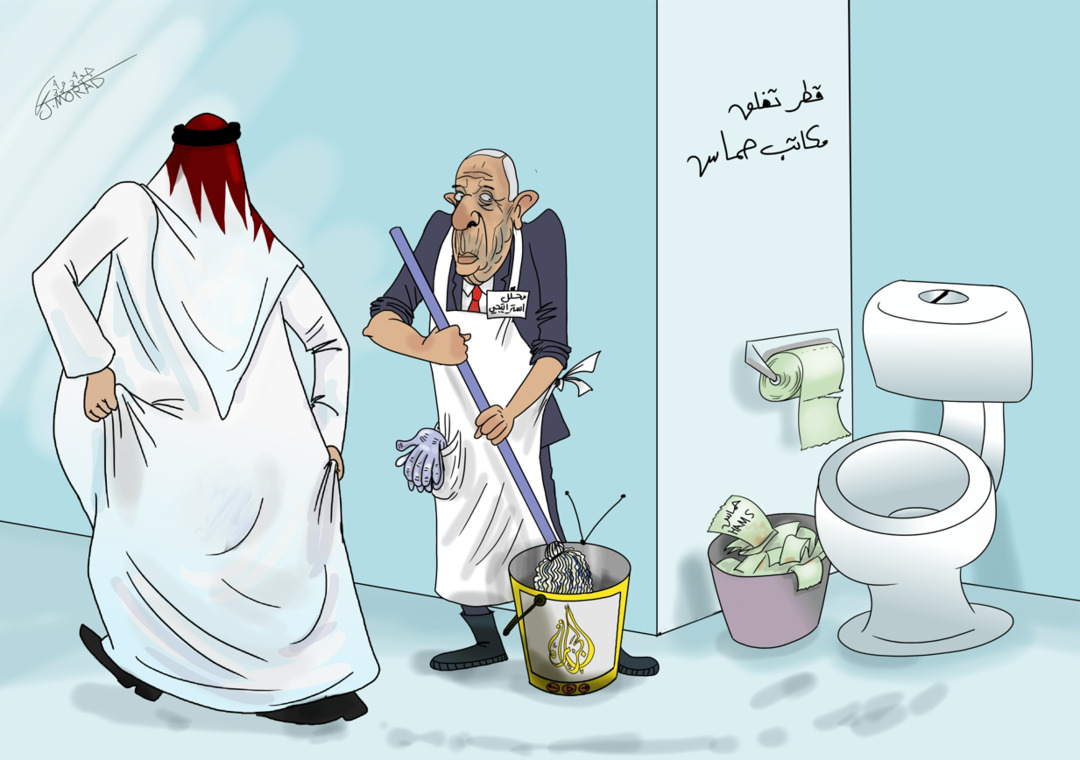
Qatar Closes Hamas Offices
opinion
Report
ads
Newsletter
Subscribe to our mailing list to get the new updates!


